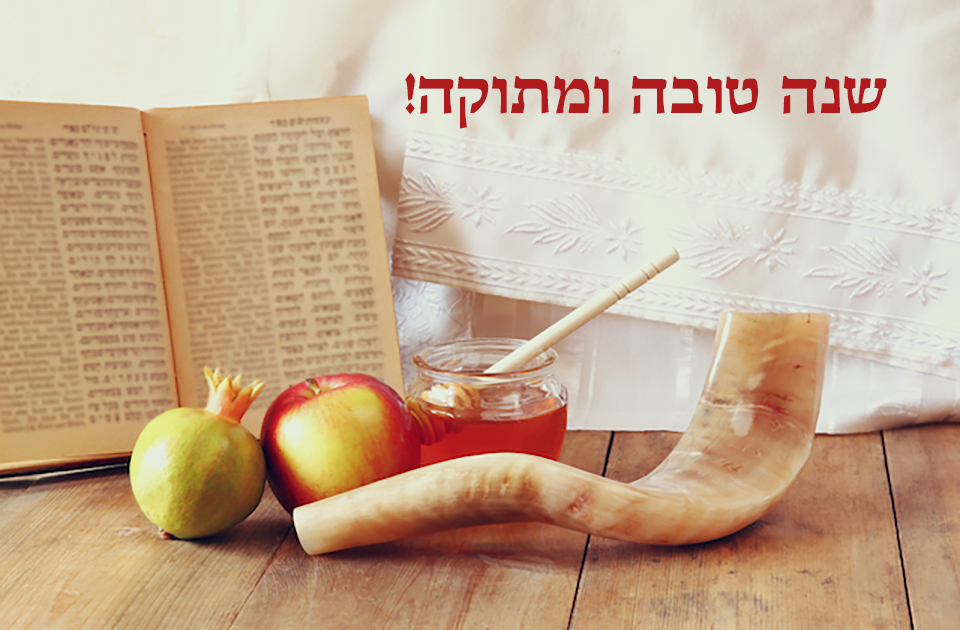Every year, Jews around the world gather for an important holiday – Rosh Hashanah (New Year, literally “Head of the Year”). It has a symbolic meaning – the proclamation of the kingdom of God over the whole world. The destinies of all people are described in the Books of Life and sealed with a special seal that decides the next year in advance. Someone is waiting for wealth and prosperity, someone – failures and diseases; it all depends on how a person spent the previous year.
According to legend, it was on this day that the forefather of mankind was created – Adam, who violated the prohibition given by G-d and was expelled from Eden (Paradise). It was then that the first human trial took place, and this tradition continues to take place every year. On this day, all people, without exception, pass before the Lord, “like sheep before a shepherd when he counts his flock” (Mishnah, treatise “Rosh ha-Shana”, 1:2). Each person's actions are carefully analyzed, and in the end, he receives an appropriate sentence.
On the eve of the first day, festive candles must be lit before sunset, saying a blessing at the same time.
During the holiday itself, it is not recommended to have fun, smoke, or sleep during the day. It is worth spending more time on prayer, studying the Torah and reading psalms.
The key commandment of the solemn holiday is to listen to the blowing of the shofar (a special musical instrument), which symbolizes the coronation of the Most High as the Lord of the universe, and also reminds of the cry of the soul that comes from the heart to G-d.
On the first day of Rosh Hashanah, after noon and until evening, the rite of Tashlich is performed - the symbolic shaking out of sins from the pockets (chametz). Nothing of what is called a bum should remain in life, not even in the pockets. Usually, this ritual takes place near water (bodies) as an environment of mercy and consists in reciting prayers calling for the “13 categories of Mercy” and certain deliverance from sins.
According to Jewish tradition, 10 days of prayer and repentance (“Days of Trembling”) separate the holiday of Rosh Hashanah from Yom Kippur (Judgment Day) – during this time a decision is made in heaven: who will live and who will die. Obligatory prayers on these special days should influence the decision of the Most High.
Museum “Jewish Memory and Holocaust in Ukraine” joins the greetings and wishes health, prosperity, cheerfulness and comfort. May the coming year bring only joy and peace!

